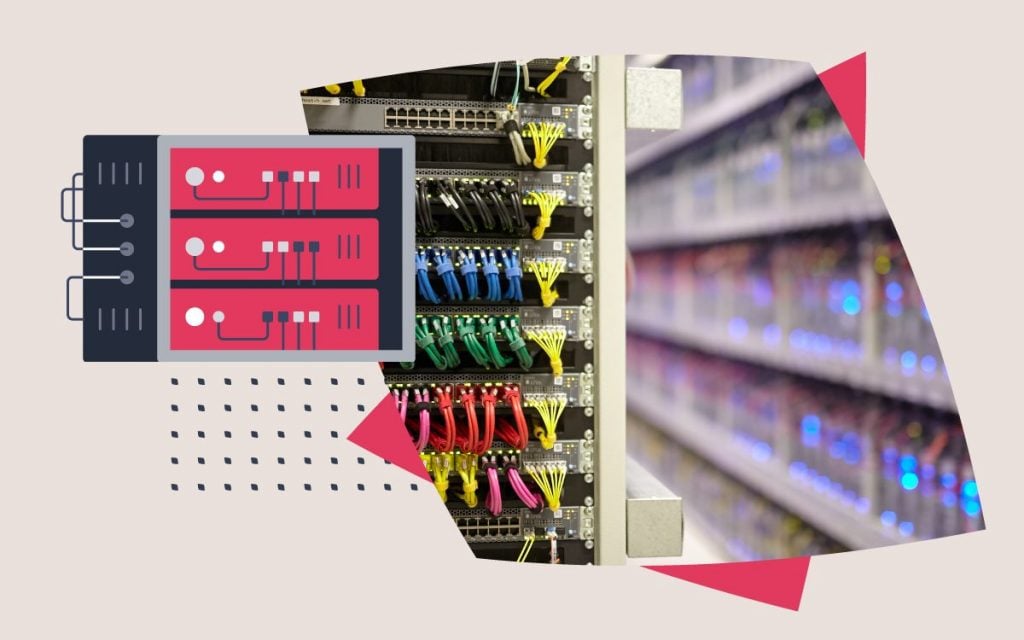You may think you know how to start an online store, but in reality, starting an e-commerce store can turn out to be quite complex. Decisions like choosing the right e-commerce platform, distribution method and even what products you sell can make or break your burgeoning business. Plus, depending on where you’re based and where you plan to sell, you may need to comply with certain legal and regulatory requirements. Careful planning, attention to detail, and a willingness to learn as you go are key factors to your success.
Starting an online store may seem like an intimidating process. But the barrier to entry for becoming an online retailer is actually quite low. That’s because e-commerce platforms enable you to quickly and easily set up shop on the web – even if you’ve never done it before.
We’ve put together a simple guide to help you start your own e-commerce store: first, select a hosting package, then choose an e-commerce platform, and then select your payment gateways.
After reading this guide, you will be armed with all the information you need to start your e-commerce store with confidence.
Hosting your e-commerce site
To set up an online store, you’ll need a website listing your products for sale. The three key elements you’ll require at this stage are a registered domain name, a hosting account, and an HTTPS connection.
First on the list: your domain name. This acts as your site’s address and makes it possible for customers to find and browse your store. Choosing an easy-to-recall name and registering it will help drive visitors to your site.
Next up, your hosting provider will manage the server where your website is stored. It’s important to choose a provider that you’re comfortable working with on a long-term basis because this will be an ongoing relationship. Before choosing a hosting company, you might want to test out each option’s customer service. You’ll want to look for 24/7 availability, quick responses to your queries, and clear explanations.Here at xneelo, we register domain names, provide high-quality web hosting and are known for our reliable customer service. We host plenty of top e-commerce stores, so you can be assured that you’ll have everything you need to get started.
Essential e-commerce security
E-commerce involves asking customers to trust you with sensitive information, including their credit card details.
SSL (Secure Sockets Layer) certificates enable HTTPS, a secure connection between web browsers and your site’s server, so your customers’ information isn’t likely to be stolen. We provide free SSL certificates to all xneelo customers. Of course, additional security measures can further protect your customers by preventing attacks and hackers. For instance, you may consider adding a Web Application Firewall (WAF) to your site. This helps to maintain your store’s reputation as a safe place to shop online, and protects both your brand and revenue streams.
Xneelo has partnered with Cloudbric WAF to protect your site without slowing it down and is offering a free three-month trial. Cloudbric WAF actively blocks hacking attempts against your site, in order to provide ongoing protection. You can try it for free for three months to see what true peace of mind feels like.
Choosing your e-commerce platform
Now that you’ve got your website hosted and your security sorted, it’s time to choose an e-commerce platform. These platforms make it easy to display your products and accept payments online. You can choose a platform like WooCommerce which can be easily added to any WordPress site. Xneelo’s Managed WordPress Hosting has an e-commerce Starter Site built with WooCommerce and pre-installed payment gateway that helps you set up your store quickly and conveniently.
Hosted platforms don’t require a hosting infrastructure, which is a huge advantage.
With a self-hosted platform, you have ultimate control and flexibility over your store’s content and design. Extensions are available to help with shipping, product display options, social media marketing, data analysis, and much more. In other words, you can fully customise your store to meet your exact needs.
Selecting your payment gateways
Once you have a platform and hosting in place, you still need to decide how customers will pay for your products. Choosing the right payment gateway to offer is no small task. After all, you want to be sure that your customers’ payment information is in good hands.
Fortunately, popular e-commerce platforms tend to support multiple well-known and trusted payment gateways such as:
- Yoco (pre-installed with Managed WordPress)
- Payfast
- Peach Payments
- SnapScan
Many of these payment options are quite affordable. You’ll have to pay transaction fees, of course, and there will be costs required to upgrade your subscription, but for a store that’s just getting started these gateways can be strong choices.
No matter what gateways you choose, you’ll want to conduct careful research into the fee structure for each option, in order to avoid any surprises.
SA e-commerce on the rise
Together with Heavy Chef, we’ve compiled our most helpful advice on how to craft your brand, build your website and create content. We cover everything from sharing your content, expanding your reach and connecting the dots, one step at a time. With South African e-commerce expected to grow almost 12.54% annually over the next five years, now is the perfect time to get into online retail. Fortunately, you now know what you’ll need to start an online store.Ready to start reading?
Download ‘An entrepreneur’s guide to going digital’.









